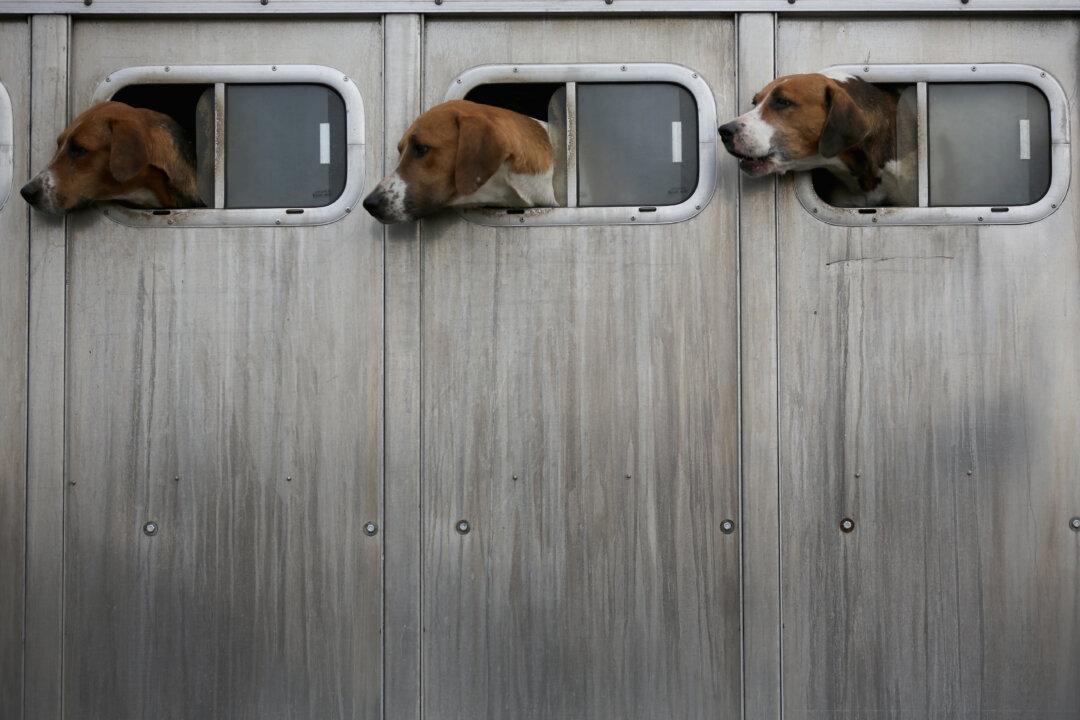The Conservative Campaign Headquarters (CCHQ) abandoned its efforts to expedite the Tory parliamentary candidate selection process yesterday after more than 40 MPs spoke out against its proposals, in a significant victory for the party’s grassroots and backbench MPs.
Over 40 MPs, backed by a public petition by the Conservative Post publication, expressed vehement opposition to CCHQ’s proposed changes, rallying against the perceived threat to local autonomy in national candidate selection.





